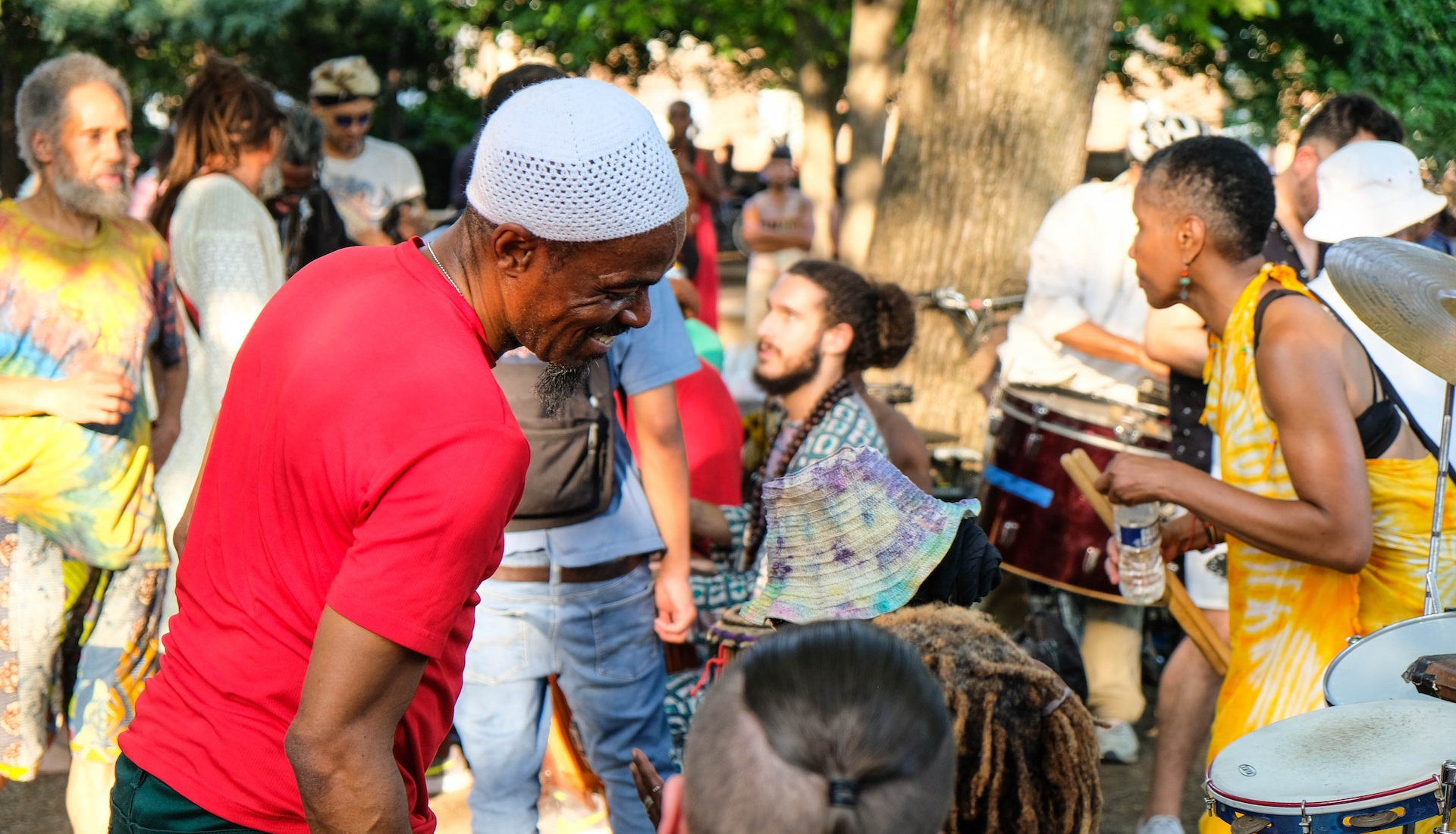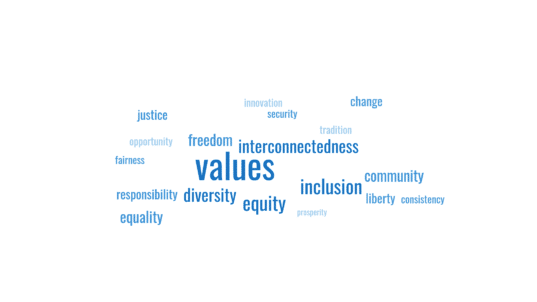Exploring the various definitions of community
Dear collaborative discussion friends,
This week we are highlighting an activity that helps participants gain a deeper understanding of the many different meanings associated with the term community. Participants explore how they define community as individuals and as a group. They also reflect on which communities they feel a part of and which they feel excluded from. Through exploring this topic as a group, participants also have the opportunity to see how they might exclude certain people from the communities they belong to.
This activity is contributed by Janice McMillan, Associate Professor based in the Centre for Innovation in Learning and Teaching at the University of Cape Town in South Africa. It is one of the many activities in the Civic Collaboration Module.
If you missed the previous newsletter, Expressing Beliefs with Confidence & Humility, you can access it and our other weekly newsletters by subscribing below.
This week’s activity:
Activity 5.3 – Identifying Your Communities
Understanding different perspectives on what constitutes community and how communities can both include and exclude people
This activity helps participants dive deeper into the many ways of defining what is community. Participants reflect on what community means to them as individuals and which communities they feel they belong to. They then explore what characteristics define a community for them as a group and which groups in general they feel welcomed into and which they feel shut out from. This activity also asks participants to think about the communities they are based in and if they feel included or excluded from them.
Prepare for the Activity
Explain to participants that they have the option of drawing during the activity. Provide participants with, or if doing this online ask them to have with them, drawing materials, like paper, pen, pencils, markers etc., if they would like to draw.
Individually Reflect on and Write or Draw What Community Means to You
Begin by asking participants to reflect individually in silence and write or draw their responses to the following questions:
- What does community mean to you?
- What communities do you feel a part of?
Tip: Offering participants the option to draw provides them with a different way to think and express themselves.
Break into Small Groups and Share Responses
Next, invite participants to break into small groups (4-6 ppl) and take turns sharing their written responses or drawings with the group.
Generate a List of Characteristics that Constitute Community
Have participants reflect on the responses shared as they discuss the following questions:
- What for your group makes up “community”?
- What are the characteristics of a community?
Ask participants to generate a list of characteristics that define community for their group.
Debrief as a Full Group
Come back together as a full group and discuss the following questions:
- Do you feel part of the university, workplace, or broader community where you are based? Why/why not?
- Are there spaces where you feel like you belong and spaces in which you feel excluded?
Encourage participants to refer to the list of characteristics generated in their small groups as they explore these questions.
Tip: This activity is designed to help participants see the complexity and diversity inherent in communities and that there are many perspectives in a community. It also is meant to make visible that communities are not always inclusive in nature and help participants dive deeper into how and why they include or exclude certain people.
In addition to these debriefing questions, the full description of Activity 5.3 Identifying Your Communities includes reflection questions, a practice journal prompt, and additional resources to help participants dive deeper.
If you try out this activity, please share with us what you think:
We hope this toolkit activity helps participants gain a deeper and more nuanced understanding of the various ways in which the term community is defined and enables them to reflect on how and why communities can both include and exclude people.
Upcoming Events
- Saint Ignatius College Prep in Chicago is organizing Guanacaste 2023: The Transformational Listening Conference, from October 5 to October 7, 2023. We are excited to share that Dr. John G. Igwebuike, the founder of Guanacaste: The Lead Listening Institute, and one of our Collaborative Discussion Coaches, will be incorporating part of the Collaborative Discussion Toolkit in the conference this year. All are welcome! Learn more and register here.
- The National Conference on Dialogue & Deliberation 2023 will take place from October 13-15 in Atlanta, Georgia. The Interactivity Foundation, including the Collaborative Discussion Project, will be holding sessions during this event and we look forward to seeing you there. The cost to register is $580, with a discounted rate of $300 for students. All are welcome! Learn more and register here.
- We are now accepting applications for our Collaborative Discussion Coach Training NCDD Pre-Conference Workshop. Space will be limited. It will take place on October 12th, 9 am – 3 pm at the conference hotel (lunch will be provided). Learn more here. Apply here or share this link with those who might be interested.
- We are now accepting applications for our Pilot Coach Training for Undergraduate Students which will take place this fall. Space will be limited. The dates for this training have been updated. It will now begin on September 26, 2023. Visit our website to learn more and view the complete list of dates and times, which are also shown on the application. The application deadline has also been extended to September 10, 2023. All undergraduate students who are interested can apply here or you can share this link with students who might be interested.
Looking forward to collaborating,
Ritu Thomas & the Collaborative Discussion Team





